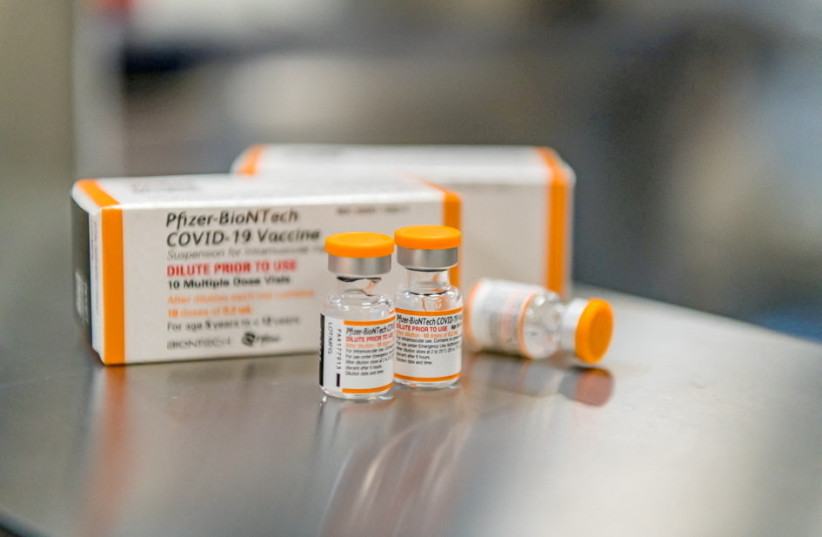Three encounters with the coronavirus spike protein from varying infection-vaccine combinations grant the immune system a high-quality (and not just high quantity) antibody response, according to a newly published study written by scientists who tracked the antibodies of vaccinated and recovered individuals for two years.
The scientists - Prof. Ulrike Protzer, Director of the Institute of Virology at the Technical University of Munich (TUM, Prof. Percy Knolle, Professor of Molecular Immunology at TUM, and Prof. Oliver Keppler (Max von Pettenkofer Institute and Gene Center Munich at LMU) - published their findings online in the peer-reviewed Nature Medicine journal on January 28.
The high-quality antibodies that are bound to the viral spike protein more vigorously and are also capable of effectively fighting the Omicron variant. The study found that different combinations of possible encounters with the protein provided similar results. These combinations include triple-vaccinated people, people who have recovered from COVID-19 and then had two vaccine doses, or double-vaccinated people who then had a breakthrough infection.
The researchers identified individuals who had contracted COVID during the first wave of the pandemic in spring 2020, and compared them to a second group of people who had not been infected. Subsequently, both groups were offered vaccination with the mRNA-based BioNTech/Pfizer COVID-19 vaccine and were monitored for almost two years. The cohort comprised 98 recovered people versus 73 people without prior infection.
The team defined several parameters in the blood of study participants: the concentration of antibodies to the viral spike protein, the binding strength of these antibodies, and their ability to neutralize infection of COVID variants in cell culture.

The study found that various combinations are possible for these three spike-encounters. Triple-vaccinated people without prior COVID infection had almost the same concentration and quality of neutralizing antibodies against Omicron as vaccinated convalescents or people who had had a breakthrough infection, meaning an infection after being vaccinated, with Delta or Omicron.
“In all cases, the neutralization activity reached similarly high levels and this was paralleled by an increased binding strength of the antibodies,” Prof. Protzer said.
“The immunity built up or strengthened by means of vaccination is key to effective protection against future variants of the virus," Prof. Protzer and Prof. Knolle concluded. Importantly, they added, "A breakthrough infection – as irritating and undesirable as it is – has in fact the same effect as an additional vaccination on this important arm of the immune system.”
